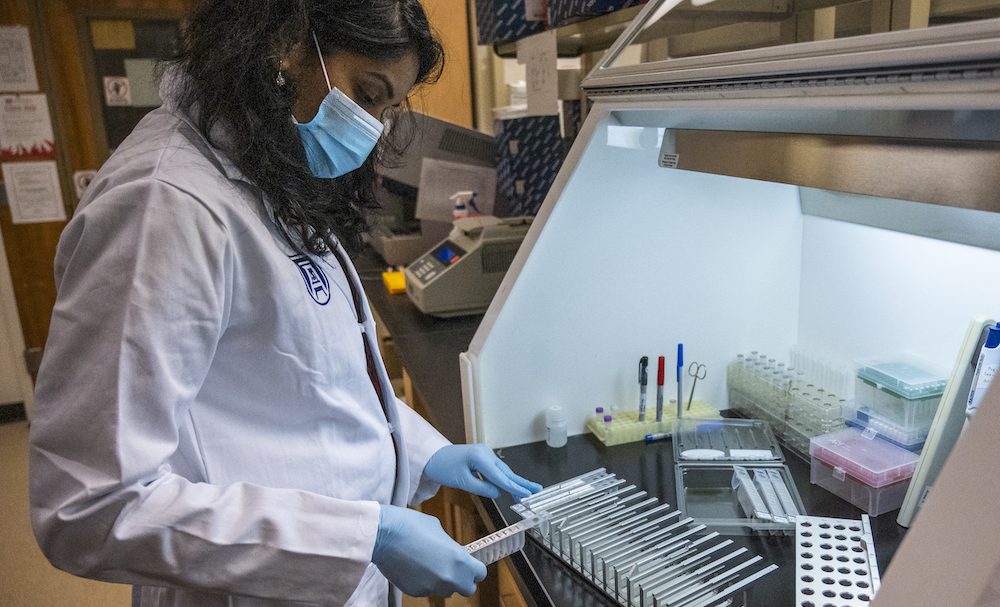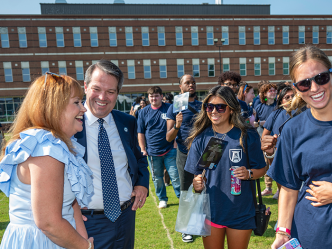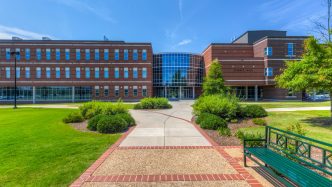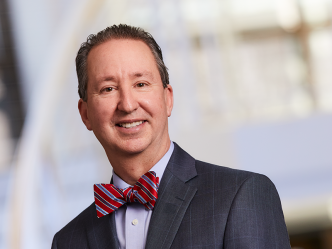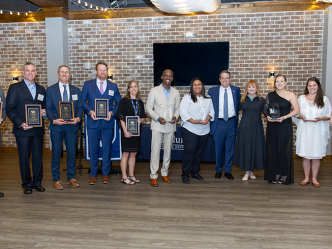Today, more than ever, health care professionals of all backgrounds are expected to take a quantitative approach to patient treatment, including methodologically sound decision making.
To bridge the gap between the research lab and the clinical bedside, Augusta University’s Clinical and Translational Science program aims to help clinicians become more well-rounded, with a more thorough understanding of the research behind treatment to better serve their patients.
The CTS program, first launched in 2008 and brought back in 2020 after a hiatus, is designed to equip students with the necessary skills to become leaders in translational research efforts and clinical investigators within their respective fields. The program integrates research study design with analysis and interpretation by providing education in clinical trials, observational studies, biostatistics and epidemiology.
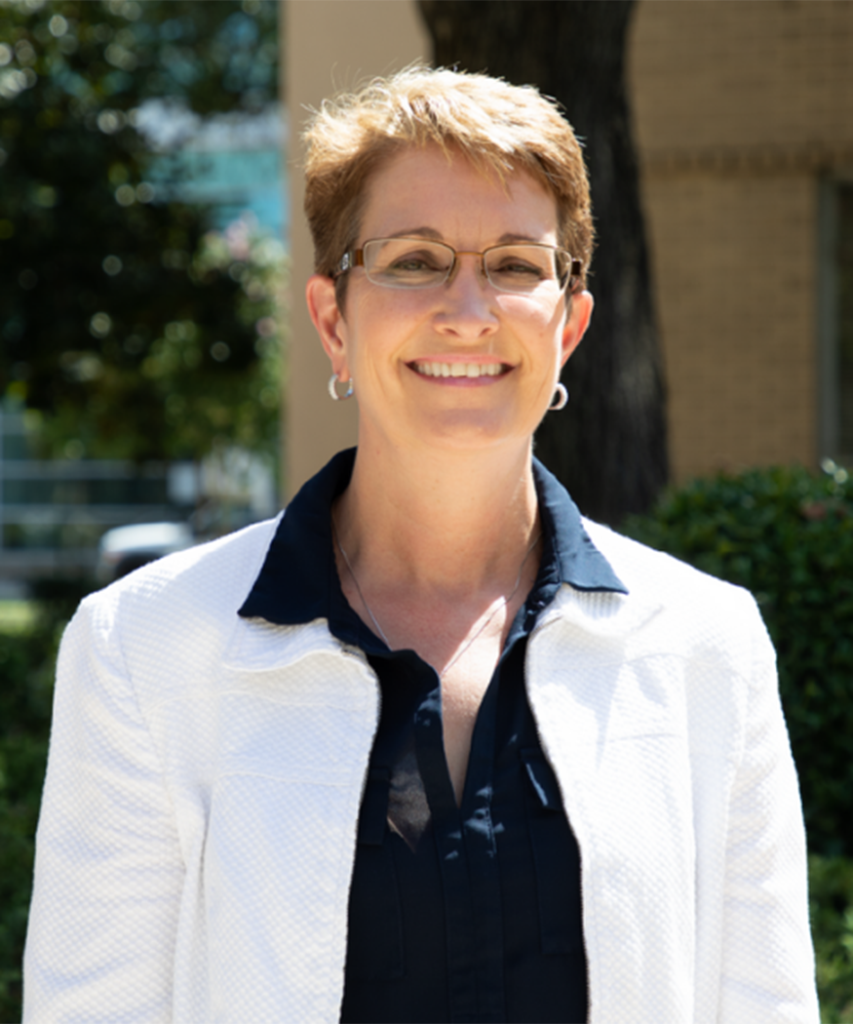
“Those who go through the program get a little bit of epidemiology, clinical trials, biostatistics, and then with their electives, they can pick and choose an area they’re interested in to dive deeper. It is a very good program because it gives students a wide range of skills and information that they may not have had before,” said Jennifer Waller, PhD, co-director of the program and professor at the Medical College of Georgia at Augusta University.
“The programs are housed in the Division of Biostatistics and Data Science, and there are components of that in the programs, but our goal is not to create a biostatistician. Our goal is to help clinicians become more well-rounded by providing them the tools to better help their patients.”
The CTS program offers two paths, including a one-year certificate program that is fully embedded in the two-year master’s program and housed within the Graduate School.
On top of that, two elective tracks, Health Economics and Analytics or Health Data Science, allow students to design a program that best fits their needs.
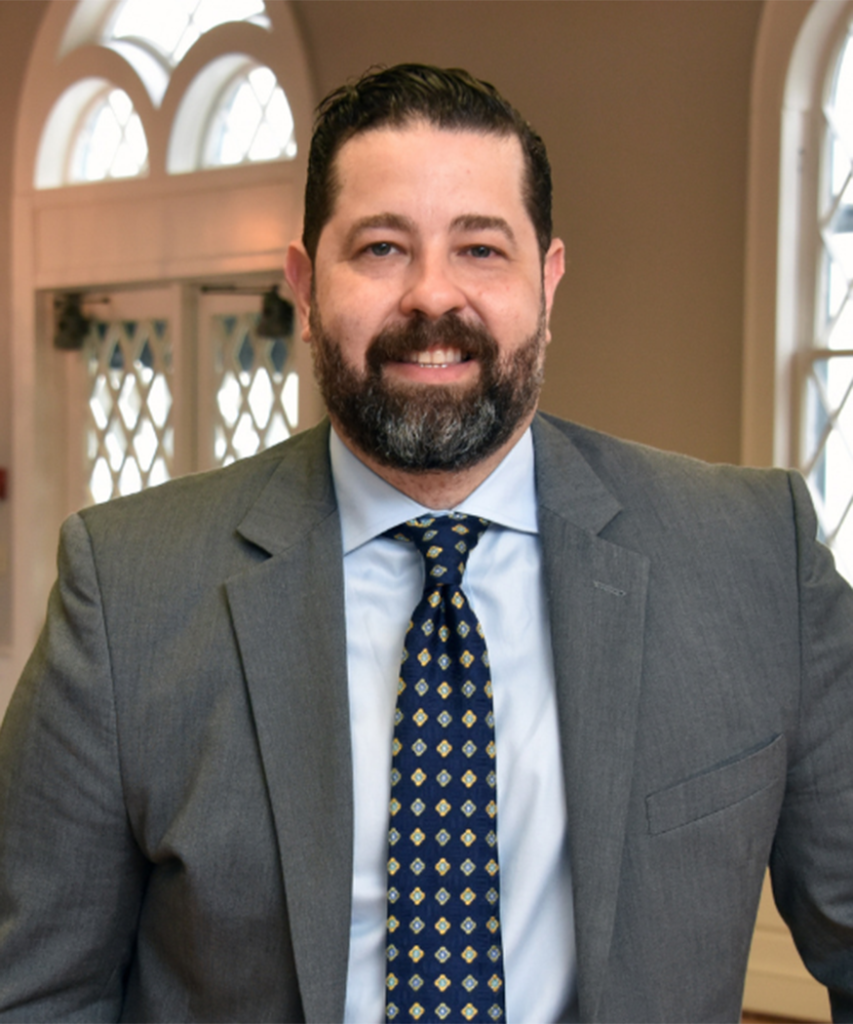
“The Master’s in Clinical and Translational Science is a program that is innovative in the sense of bringing that connectivity of fundamental research skills that students ultimately need to have repercussions on clinical care and connecting those dots from a research lab setting and expediting that knowledge base and that science into cutting-edge clinical practice,” said Alejandro Baez, MD, co-director of the CTS program, as well as vice chair and professor in the Department of Emergency Medicine and the Department of Population Health Science at MCG.
“The key is understanding that by developing a clinical research scientist, you can expedite the knowledge transfer from the lab bench into the clinical field more effectively. Otherwise, it might take years for something to come from the lab to the clinical side, but if you have a clinician scientist that understands how to translate that, it might be expedited faster, and result in faster improvements in patient care. A great example of translational research meeting clinical challenges and clinical needs was the COVID-19 vaccine.”
READ MORE: Faculty experts study international impact of epidemiological intelligence fusion centers
Jeffrey Switzer, DO is chair of the Department of Neurology at MCG and completed his internship, residency and fellowship at MCG from 2001 to 2006. Two years after being made faculty, the program was first launched and he saw an opportunity to expand his knowledge base, earning his MCTS in 2011.
“The main impetus for the program is to develop the research skills of young faculty, residents and fellows to be successful clinician scientists. It’s really focused on patients, whether it’s clinical trials or using patient samples,” Switzer said.
“To successfully conduct research, there are a lot of things that you need and this program helps you identify the team members you will need to successfully conduct research, write a paper or write a grant. I was much more comfortable and could know what I needed from a statistician and could do some simpler analysis on my own, of my own data. I learned a lot in the program, which I was definitely using quite a bit as my career was transitioning. I did get other grant funding that the master’s definitely helped to support by my development.”
At the time Switzer was completing the program, David Hess, MD, the current dean of MCG, was his department chair. Switzer credits Hess with giving him the flexibility and support to be able to complete the program.
“Clinical and translational science are a focal point for growth at MCG and for many medical schools across the nation. It’s what enables us to take scientific findings to patients to see if we can improve their treatment, their outcomes and their lives. This program is a great opportunity right here to strengthen the skillset that’s needed and to meet others with similar interests,” Hess said.
Nicholas Schoenmann, MD, is a clinical instructor in emergency medicine and a student in the program. For Schoenmann, an Army veteran who served for seven years, the CTS serves as a curriculum for a fellowship.
“I think some of my friends would be surprised at my interest in research, but I enjoy answering questions that I care about, and that actually do something for the patient. I love medicine and I love teaching,” Schoenmann said.
“I feel like med school teaches you to be a clinician, a teacher and a scientist. I’m always going to favor medicine and teaching, but part of the job is still to conduct research. If I can take what I’m learning here and try to improve the research output in emergency medicine here, and sort of raise the bar, I think that would be a worthwhile goal. I hope to use this program as a way of filling that need and serving the entire department in that way because there are a lot of tools that you have access to. There are a lot of things from this program that I’m already grateful for and it’s already given me a better look at things.”
The program is open to physicians and dentists, including residents and fellows, advance practice providers, nurses, allied health professionals, and basic science faculty who want to enhance their current training. Individuals who are just beginning their graduate education in medicine or dentistry but see themselves as a clinical researchers are encouraged to apply as well.
 Augusta University
Augusta University
